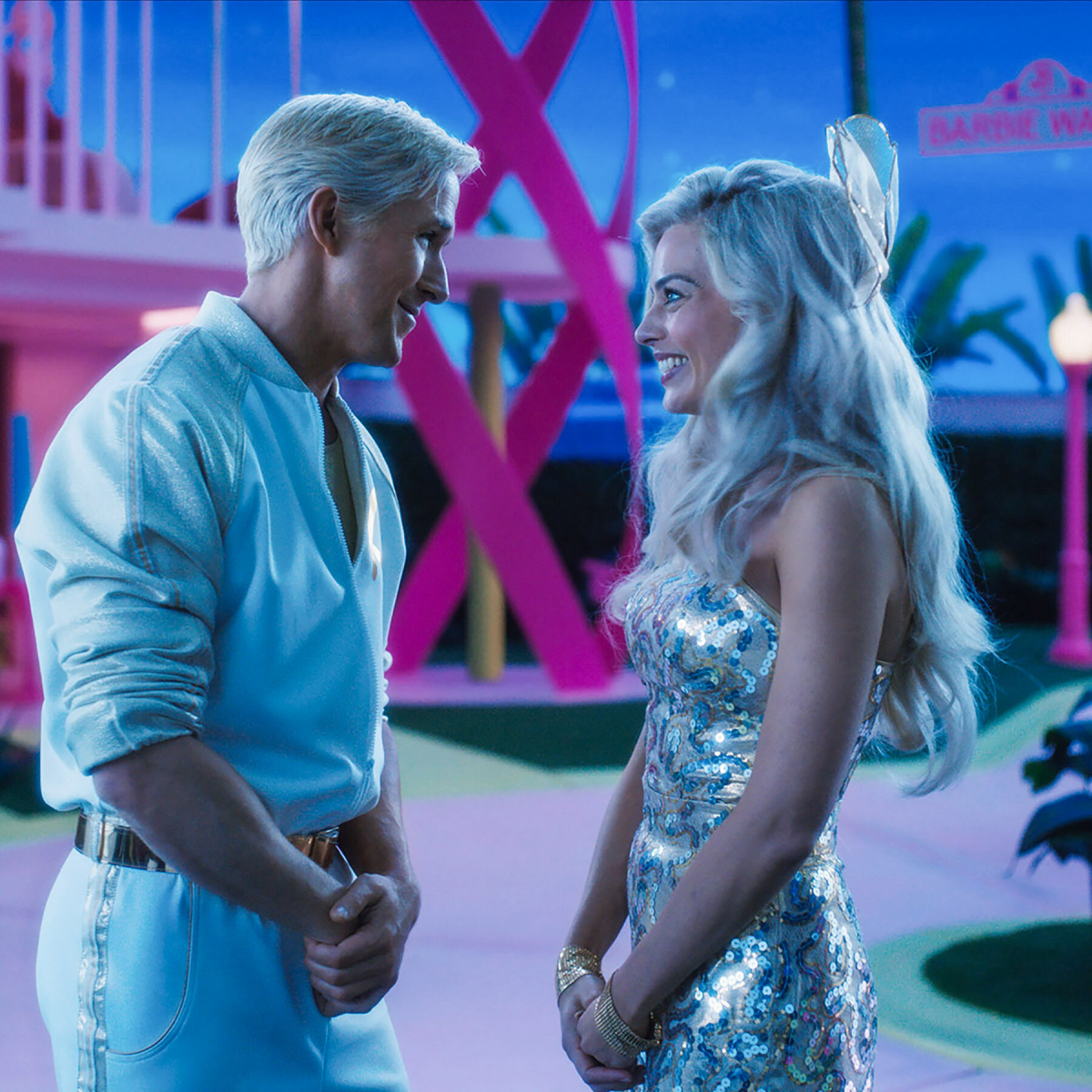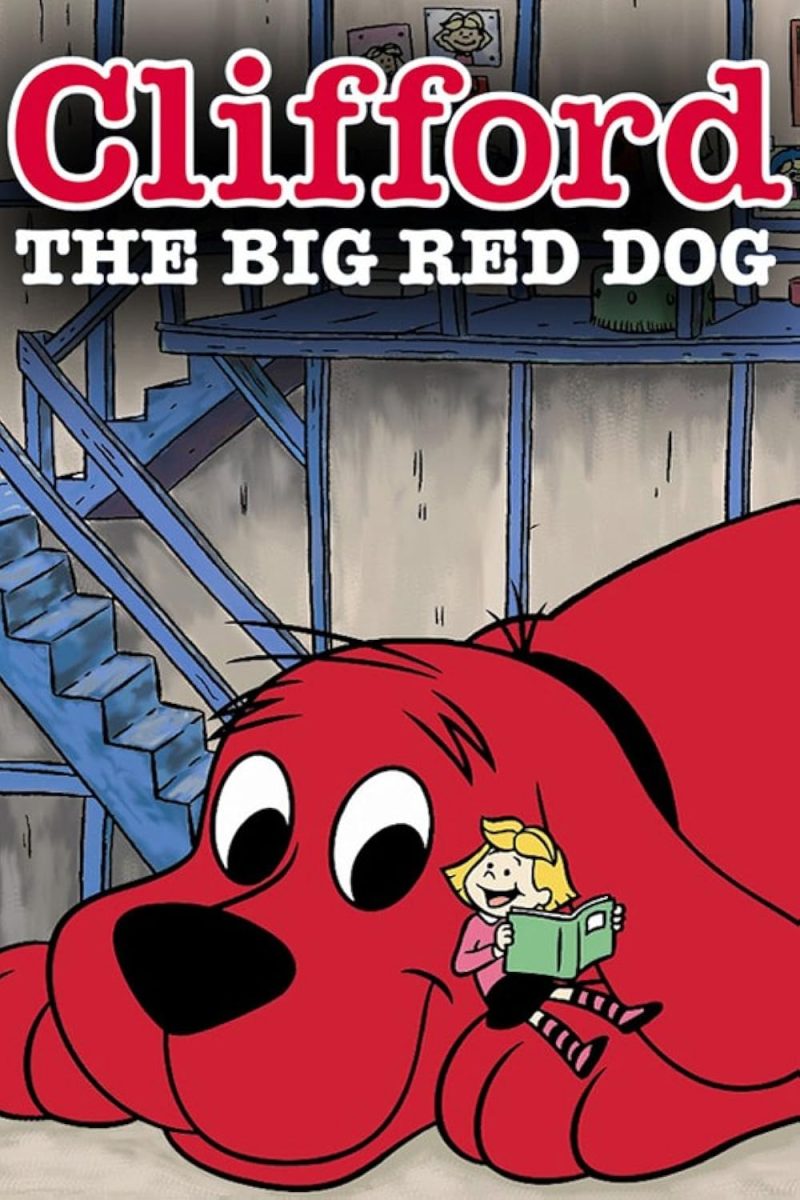Greta Gerwig’s new film Barbie has spiked up some mixed controversial reviews and opinions. The Barbie movie’s problems don’t just come from the film itself. There is a large proportion of people who thought the advertisements were misleading. John Ambrose commented, “The worst thing this movie has going for it is its marketing. Advertising the film as a fun romp, or a fish out of water movie with Barbie and Ken is a mistake in my opinion and that might hurt at the box office. Some people might feel tricked and get upset, as movies with heavy political messages are not everyone’s cup of tea,” bringing to light how some people may be upset with the marketing team. The movie was advertised as a fun and family-friendly movie but ended up talking about a lot of deeper things that include topics children may not understand. When I interviewed people about their opinions on the movie, I asked: 1. “What were your initial thoughts on the Barbie movie and why?” 2. “Do you think the Barbie movie accurately represented parts of girlhood?” 3. “Do you think the movie was advertised properly?” Zeeke Mirecki (‘27) responded 1. “I thought it was really good because it wasn’t centered around a middle-aged white man, “the American dream” and I thought that it was really inclusive” 2. “I’m not sure, I don’t think I can really have an opinion on that because I’m not a girl and have not experienced girlhood.” 3. “I think they did a pretty good job advertising it but they could have definitely done a better job of making the deep meaning of the movie more public, it was advertised more as a funny film rather than having serious topics.” Ayati Chalana (‘27) 1. “I didn’t like it because I felt like it had nothing to do with Barbie.” 2.” Yes, it did show a lot of womanhood but I think they should’ve gone a little deeper with more issues.” 3. “Yea I think it was advertised really well, but I don’t think it needed to be called “Barbie” because it didn’t have anything to do with Barbie.” Brooke Bonser (‘27) 1. “Personally, I loved it and thought it included good humor along with serious topics that need to be talked about, and they also did well with the casting because Ryan Gosling is literally Ken.” 2. “Absolutely, even though it might not be super realistic, it still represented the struggles of what some girls have to go through in present time and past.” 3. “A lot of people were mad that it wasn’t surrounded around the actual doll “barbie” but Barbie is supposed to be a stereotypical perfect woman, and the film shows that even people who seem to be perfect have struggles. I think it was advertised really well.”. These interviews have a variety of different opinions, none of which are “wrong” or “right”.
On another note, this movie has also been called surface-level. It doesn’t touch on struggles from other cultures and communities. This leaves a huge gap in the full picture of the feminist movement. Every group of women will face different problems. While some problems are conjoined, these are not all the problems women face. Some even say it would’ve worked better as a TV show so they would have more time to touch on more of these issues. This isn’t the first controversy in the Barbie corporation; for as long as it has been around, there have been people saying that Barbie set unrealistic expectations for children and had an impression on their thoughts about themselves. According to M.G. Lord of Britannica, “Since the doll’s inception its body has incited controversy. Mothers in a 1958 Mattel-sponsored market study before the doll’s release criticized Barbie for having “too much of a figure.” Mattel circumvented this problem, however, by advertising Barbie directly to children via television.” This shows that this has been an issue since 1959 when the first Barbie had its debut.








